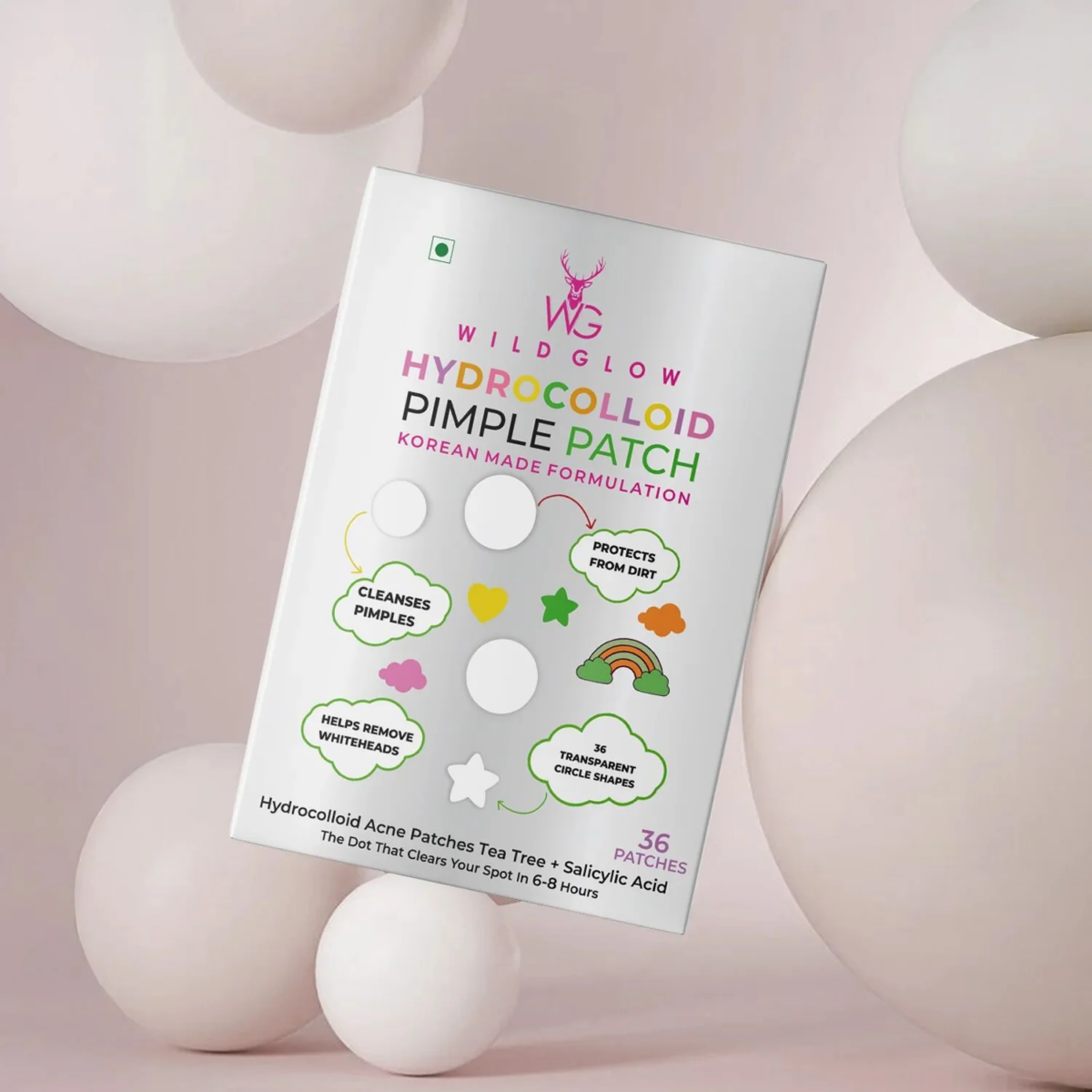The Best Egg Incubators for Consistently High Hatch Rates

Hatching eggs at home is a rewarding experience, whether you’re raising chickens, ducks, or quails. However, achieving consistently high hatch rates requires more than just fertilized eggs—it depends on using the right egg incubator. With advancements in technology, incubators now provide precise controls for temperature, humidity, and egg turning, making it easier to replicate ideal hatching conditions. But with so many models available, how do you choose the best egg incubator?
In this guide, we’ll explore the top options for hobbyists and professionals, their features, and how they can help you maximize your hatching success.
Why Invest in an Egg Incubator?
Before diving into the specifics, it’s crucial to understand why an egg incubator is essential. In nature, a brooding hen ensures the eggs are kept warm, turned regularly, and receive adequate humidity. While this process works well, it’s not always practical for those without a broody hen or those looking to hatch a large number of eggs.
An egg incubator mimics these natural conditions, offering consistent environmental controls that a hen cannot guarantee, especially for larger-scale hatching. The best egg incubator models are designed to eliminate guesswork, increase efficiency, and reduce losses, making them a vital tool for hobbyists and professionals alike.
Key Features to Look for in an Egg Incubator
When shopping for the best egg incubator, several factors should influence your decision:
- Temperature Control
Precise temperature regulation is crucial for successful hatching. The optimal temperature for most poultry, including chickens, is 99.5°F. Look for incubators with digital thermostats that maintain consistent heat.
- Humidity Management
Proper humidity prevents eggshells from drying out or becoming too soft. Choose models with built-in hygrometers or systems for adjusting humidity levels.
- Automatic Egg Turning
Eggs need to be turned multiple times daily to prevent the embryo from sticking to the shell. A chicken egg incubator with an automatic turning function reduces manual effort and improves hatch rates.
- Capacity
Whether you’re incubating a small batch or a large number of eggs, the capacity of the incubator matters. Some models are designed for just a few eggs, while others can hold hundreds.
- Ventilation System
Good air circulation ensures the developing embryos receive adequate oxygen. Many of the best egg incubator models come with built-in fans for even airflow.
- Durability and Ease of Cleaning
Incubators should be made of sturdy materials and designed for easy cleaning to prevent the buildup of bacteria.
Top Egg Incubator Options for Beginners and Professionals
- Digital Egg Incubators
Digital incubators are the go-to choice for beginners due to their user-friendly design and precise controls. Many come with features like LED displays for temperature and humidity, as well as alarms for any fluctuations.
These incubators are perfect for hatching chicken, duck, and quail eggs. They are affordable and efficient, making them a great starting point for hobbyists.
- Forced-Air Egg Incubators
Forced-air incubators come equipped with a fan to circulate air evenly, ensuring consistent temperature and humidity levels. They are particularly useful for larger batches of eggs or for those who want to avoid the risks associated with hot or cold spots.
For professional breeders, this type of chicken egg incubator is a must-have.
- Cabinet Egg Incubators
Cabinet-style incubators are designed for large-scale hatching. These models offer high capacity and advanced features, including automatic turning and precise environmental controls.
While they are more expensive, they are the best egg incubator option for those looking to hatch hundreds of eggs at once.
- Multi-Species Incubators
If you plan to hatch different types of eggs—such as chicken, duck, or reptile—multi-species incubators offer adjustable settings for each species’ requirements.
These versatile incubators are an excellent investment for diverse hatching needs.
The Best Egg Incubator for Chicken Eggs
For chicken eggs, the ideal incubator balances affordability, ease of use, and reliability. Look for models specifically marketed as chicken egg incubators to ensure they meet the temperature and humidity requirements of chicken embryos.
Models with automatic egg turning and built-in hygrometers are particularly useful for achieving consistently high hatch rates.
Tips for Maximizing Hatch Rates with Your Egg Incubator
Even the best egg incubator requires proper usage to ensure success. Here are some tips to help you get the most out of your investment:
- Preheat the Incubator: Always run the incubator for at least 24 hours before adding eggs to ensure stable temperature and humidity levels.
- Choose Fertilized Eggs Carefully: Only incubate fresh, clean, and fertilized eggs for the highest chance of success.
- Monitor Regularly: Check temperature and humidity levels daily, even if your incubator has automatic controls.
- Practice Proper Placement: Place the incubator in a stable environment, away from windows, heaters, or air conditioners, to avoid external fluctuations.
- Clean Thoroughly: Disinfect the incubator after each use to prevent bacteria or mold growth.
Benefits of Using the Best Egg Incubator
Investing in the best egg incubator offers several advantages:
- Higher Success Rates: Precise controls eliminate the variables that often lead to failed hatches.
- Convenience: Automatic features reduce manual labor and the risk of human error.
- Versatility: Many models accommodate various egg sizes, making them suitable for a wide range of poultry and even reptiles.
- Scalability: Whether you’re hatching a small batch or hundreds of eggs, there’s an incubator to fit your needs.
Common Challenges and How to Address Them
Even with the best egg incubator, challenges can arise. Here’s how to tackle some common problems:
- Fluctuating Temperatures: Ensure the incubator is in a stable environment and calibrate the thermostat regularly.
- Low Humidity: Add water trays or sponges to increase humidity, especially during the lockdown period.
- Poor Ventilation: Keep air vents open and ensure the fan (if present) is functioning properly.
Conclusion
Hatching eggs successfully requires the right combination of tools, techniques, and attention to detail. The best egg incubator provides the foundation for a controlled environment, ensuring that temperature, humidity, and airflow remain consistent throughout the incubation process.
Whether you’re a beginner experimenting with a small batch or a professional breeder working on a large-scale project, investing in a reliable egg incubator tailored to your needs is the key to success. With careful preparation and proper usage, you can enjoy the rewarding experience of watching new life emerge from each egg.







